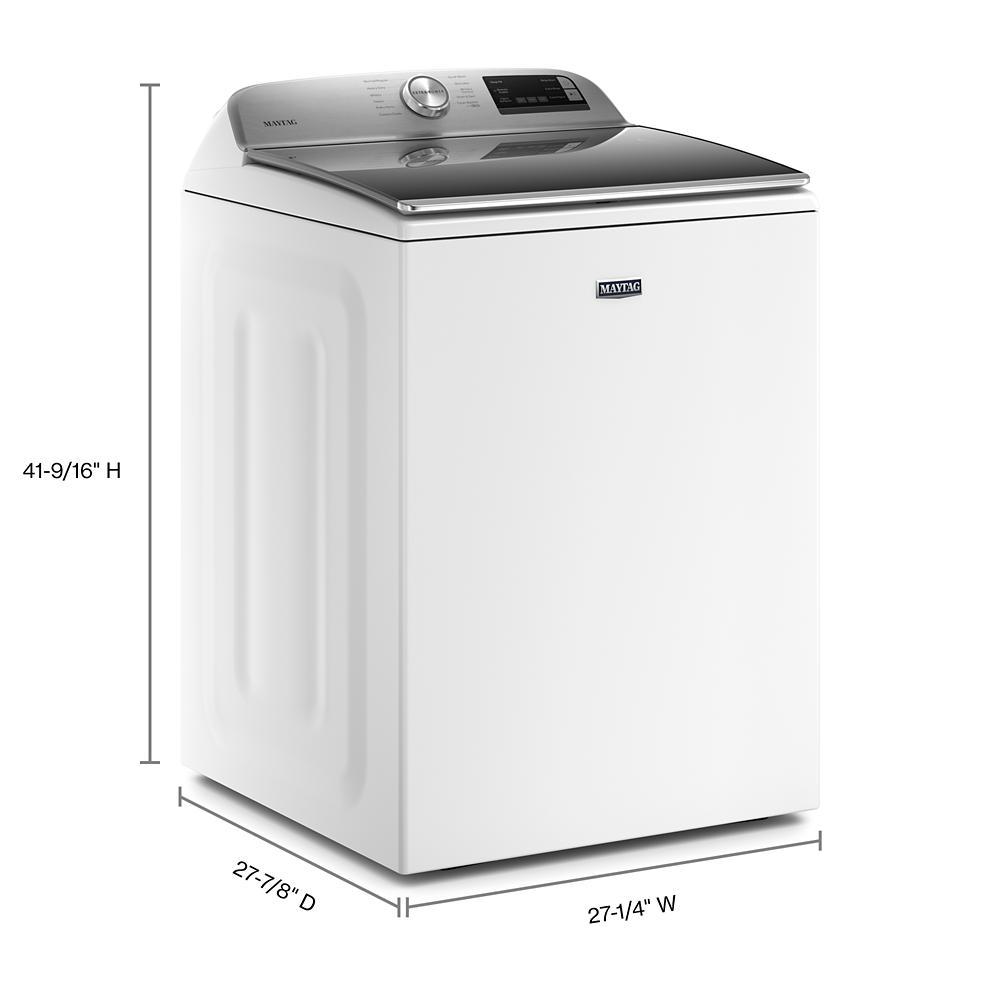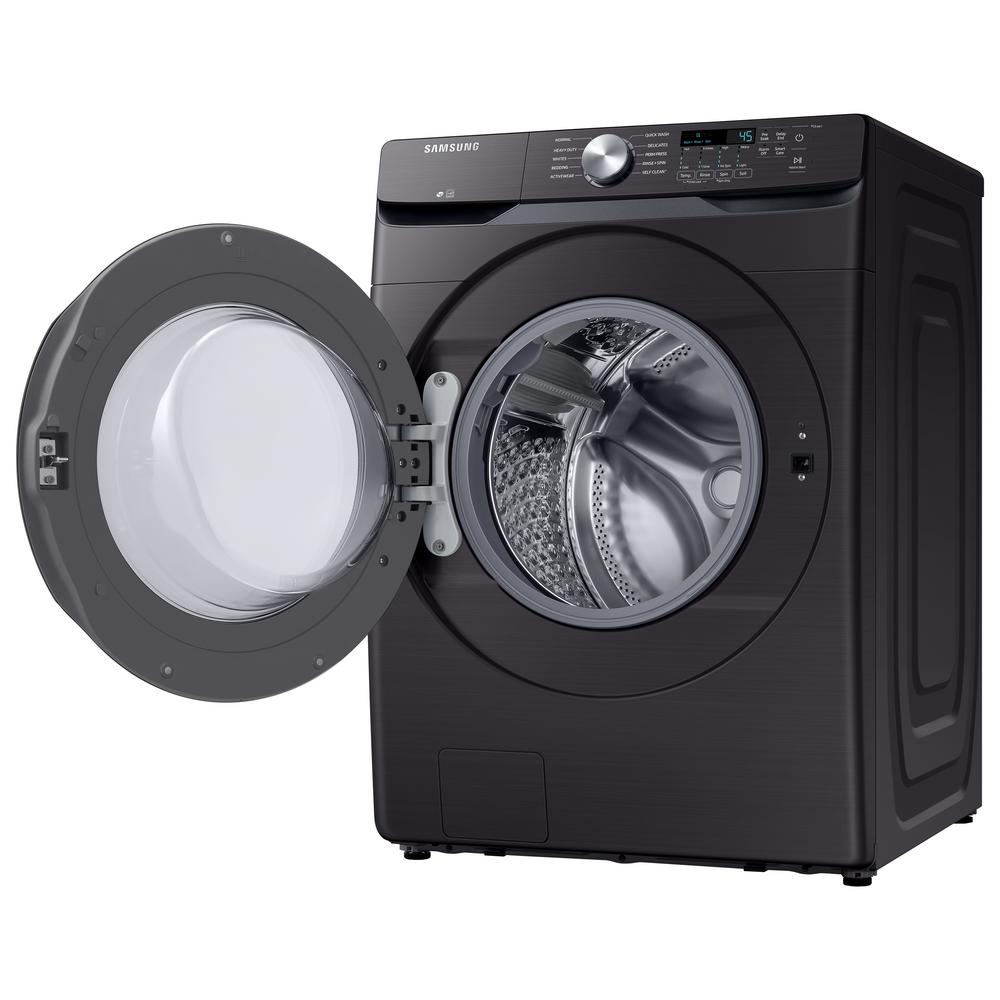Beko WDER7440421W 7Kg / 4Kg Washer Dryer with 1400 rpm – White
7kg wash, 4kg dry – great for medium-sized households. Speedy 28 minute quick wash programme. Control it from your smartphone via Bluetooth. Special allergy setting, great for sensitive skin.
Keep on top of the never-ending laundry pile with the help of this white Beko washer dryer. It can wash 7kg of clothes at once, and dry 4kg – making it perfect for medium-sized households. If the kids are running riot and one of them spills juice on the tablecloth moments before your friends arrive, just flick on the quick wash cycle and it’ll be perfectly spotless again in just 28 minutes. There’s even a special Anti-Allergy setting, which uses longer rinse times to flush out every speckle of detergent, making fabrics much softer on sensitive skin. And, if you’re pre-occupied getting ready upstairs, the HomeWhiz app lets you monitor and control your washes directly from your handheld, via Bluetooth.
- 7kg wash, 4kg dry – great for medium-sized households
- Speedy 28 minute quick wash programme
- Control it from your smartphone via Bluetooth
- Special allergy setting, great for sensitive skin
- Dimensions (cm) – H84 x W60 x D50
Additional information
| Dimensions | (H)84.0 x (W)60.0 x (D)50.0 |
|---|---|
| Manufacturer Warranty | 1 Year |






by Steve
Great washer and dryer, very quiet when it’s on and hardly hear it spinning
by Tracey
Great washer dryer I’ve always had separate so still getting use to it look great in my new kitchen Thankyou for the guys that brought it to the house they were very polite and helpful.
by Jen
Nice looking machine, quiet and does the job.
by Eilidh
Enjoying it so far! Bit noisy at times but not sure if that’s because I’ve not fully figured out all the settings yet.
by Danny
Beautiful little item, perfect for 2 people household. Very quiet and so many functions to play with. (which I didn’t have on my old washing machine) So far, I am extremely happy with it.